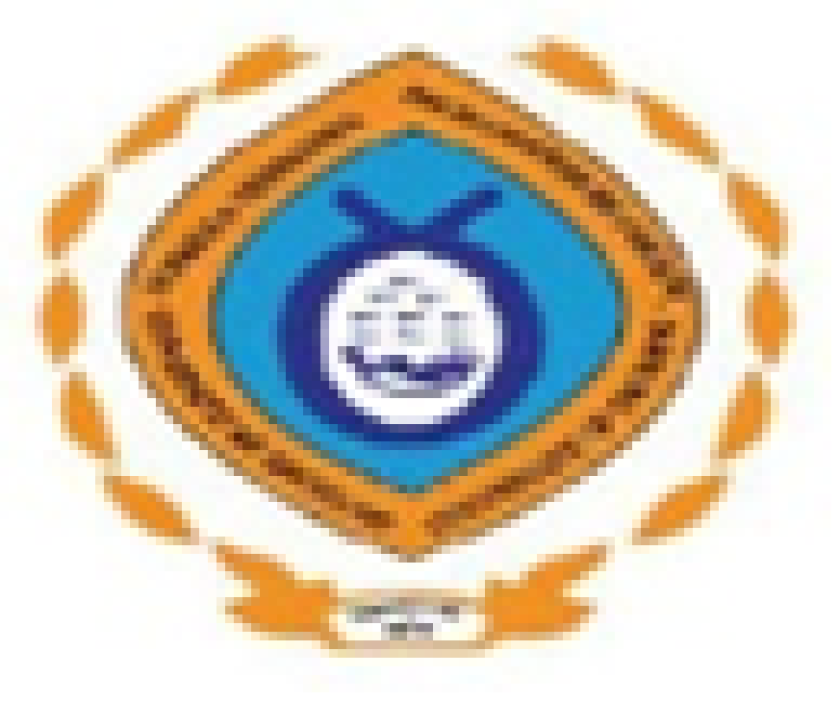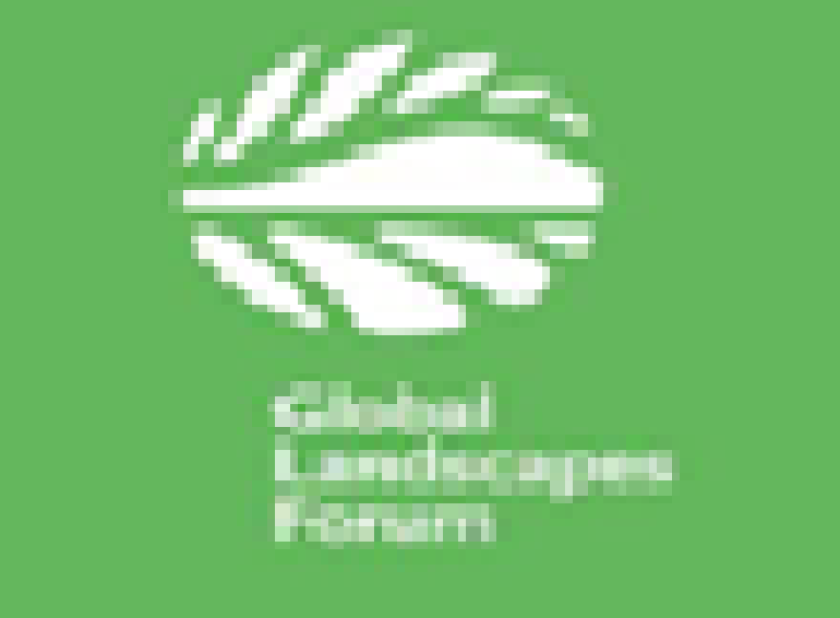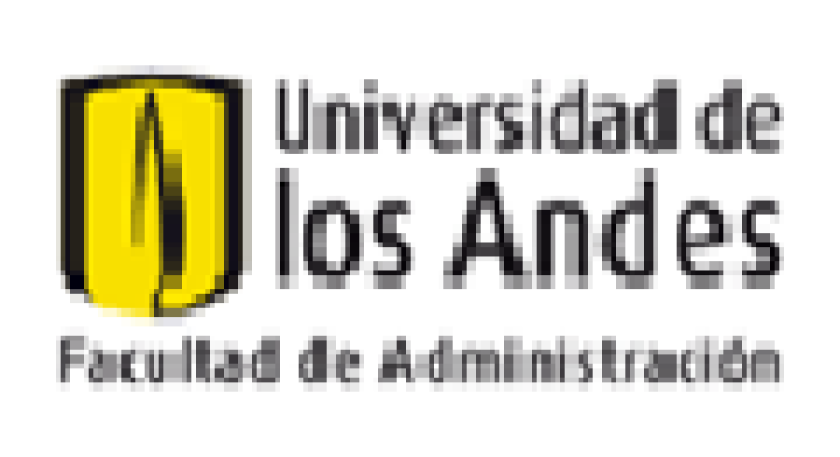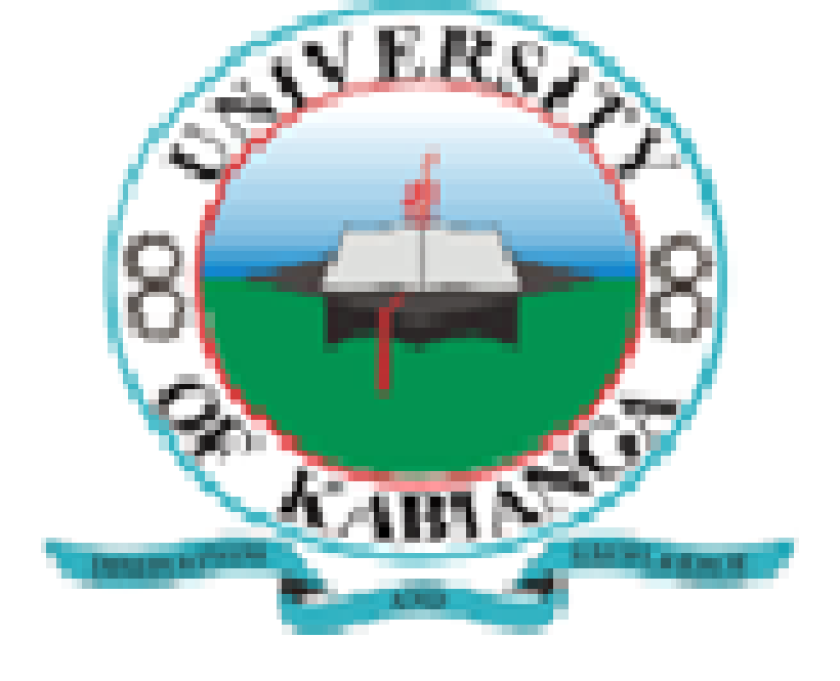
Project
Transformative change for biodiversity and equity (TCforBE)
The participative TCforBE project aims to generate new knowledge, tools, and stakeholder capacity on transformative change pathways for agrofood systems and sustainable trade, employing a transdisciplinary research process. TCforBE supports transdisciplinary research to co-generate transformative change pathways for telecoupled agrofood systems and territories. It will engage diverse stakeholders and explore plural perspectives within the EU and partner countries of Cameroon, Colombia, and Kenya, including policymakers and local communities.

Demand for agricultural commodities from EU agrofood systems are driving land use change in biodiversity-rich countries in the Global South, leading to major biodiversity losses. Tackling the EU’s global biodiversity footprint is a top EU policy priority. The science demonstrates the need for transformative change in economic, social, and financial models for safe and just transitions, but there is limited knowledge on how to achieve transformative change in practice, which requires navigation of biodiversity, climate and equity tradeoffs and synergies.
TCforBE will support transdisciplinary research on different dimensions and scales of telecoupled agrofood systems, engaging diverse stakeholders, including EU and producer-country policy-makers and indigenous peoples and local communities. Scenarios and modelling of EU agrofood systems transformations will be complemented by analysis of EU governance, trade, legal, consumer, collective action and sustainable finance levers and social innovations.
In three producer countries (Cameroon, Colombia, and Kenya), TCforBE will generate methods for and assess land use change drivers, at-risk biodiversity hotspots, and the effectiveness of Sustainable Landscapes Initiatives. In six landscapes, TCforBE will explore relationships to nature, perceptions of socio-ecological histories and futures, rigorously evaluate SLIs, and conduct regenerative enterprise case studies using a structured landscape learning process. Transformative change pathways will be co-generated by diverse stakeholders recognizing plural values and informed by new evidence, decision-making tools and training modules. The overall process will strengthen the capacity of participating stakeholders (care-knowledge-agency) to influence biodiversity and equity outcomes. A global dialogue, facilitated by the Global Landscapes Forum will link the transdisciplinary processes between the scales, supported by additional dissemination and communication activities.

The consortium is composed of nine partners from three EU member states and four other countries:
- Forest & Nature Conservation Policy Group, Wageningen University, The Netherlands
- Hanken Centre for Accounting, Finance and Governance (AFG Centre), Hanken School of Economics, Svenska Handelshogskolan, Finland
- Fondation Institut De Recherche Pour Le Developpement Durable Et Les Relations Internationales (IDDRI), France
- Universidad De Los Andes' Sustainability Area, School of Management, Colombia
- WUR Colombia
- Université de Dschang, Cameroon
- University of Kabianga, Kenya
- Centre De Cooperation Internationale En Recherche Agronomique Pour Development (CIRAD)
- Natural Resources Institute, University of Greenwich, UK
- Global Landscapes Forum
Client: European Commission project 101082057 TCforBE
Project code: HORIZON-CL6-2022-BIODIV-01-08
Topic: Assessing the nexus of extraction, production, consumption, trade and behaviour patterns and of climate change action on biodiversity in the context of transformative change








